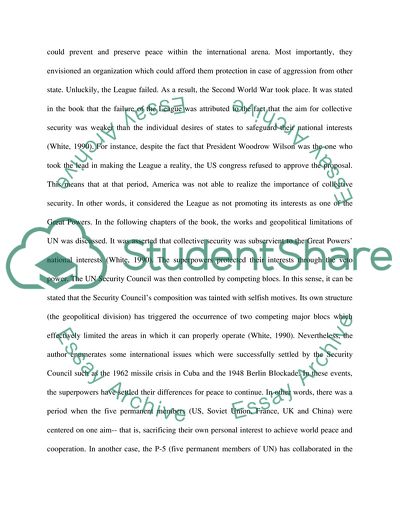Cite this document
(Diplomacy, Law and Global Change Coursework Example | Topics and Well Written Essays - 2000 words, n.d.)
Diplomacy, Law and Global Change Coursework Example | Topics and Well Written Essays - 2000 words. https://studentshare.org/law/1747808-diplomacy-and-international-law
Diplomacy, Law and Global Change Coursework Example | Topics and Well Written Essays - 2000 words. https://studentshare.org/law/1747808-diplomacy-and-international-law
(Diplomacy, Law and Global Change Coursework Example | Topics and Well Written Essays - 2000 Words)
Diplomacy, Law and Global Change Coursework Example | Topics and Well Written Essays - 2000 Words. https://studentshare.org/law/1747808-diplomacy-and-international-law.
Diplomacy, Law and Global Change Coursework Example | Topics and Well Written Essays - 2000 Words. https://studentshare.org/law/1747808-diplomacy-and-international-law.
“Diplomacy, Law and Global Change Coursework Example | Topics and Well Written Essays - 2000 Words”. https://studentshare.org/law/1747808-diplomacy-and-international-law.


